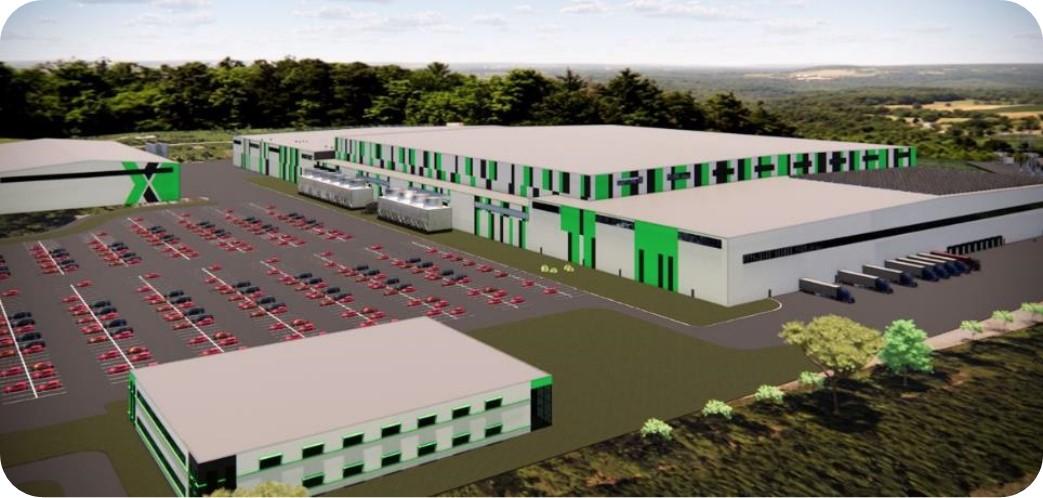The U.S. Department of Energy announced a $754.9 million loan on Dec. 17 to Australia-based Novonix, to open a synthetic graphite manufacturing facility in Chattanooga, Tennessee.
“This announcement is the culmination of years of hard work and is another critical milestone for our anode materials business towards our target production of 150,000 [tonnes per annum] in North America,” Novonix CEO Chris Burns said in a statement.





